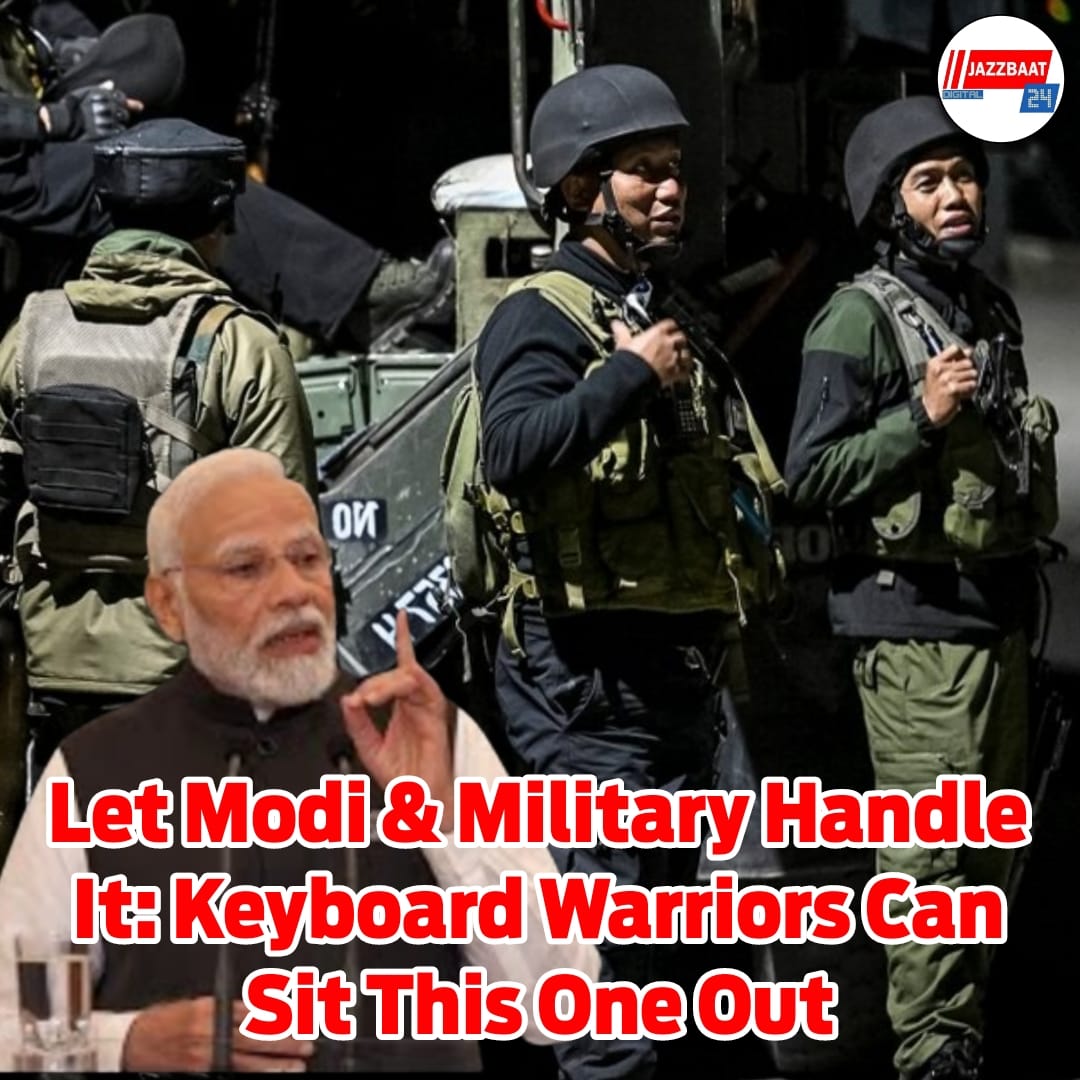
The anger in the wake of the Pahalgam terror attack is warranted and intense. Twenty-six innocent people were killed in an exercise in brutality that attacked tourists for their religion, reminiscent of the darkest pages of Kashmiri terrorism after 26/11. Social media has exploded with demands for instant, even retaliatory, action. But however tempting for "keyboard warriors" to issue ultimatums to the government's response, the truth is much more complex-and the mantle of justice and national security can only be upheld by the elected leadership and national security professionals of the country.
Prime Minister Modi and his security officials have already shown this attack will be answered. Within days, the government has held several top-level meetings, including the Cabinet Committee on Political Affairs and the Cabinet Committee on Security, to assess preparedness and develop a strong response. The Centre's response has been swift and multilateral: diplomatic relations with Pakistan have been downgraded, the Indus Waters Treaty suspended, and borders sealed. Security officials have razed no less than nine buildings associated with terrorists, conducted blanket search operations, and arrested more than 1,500 people for interrogation. These are no measures of a government paralytic with indecision or malleable in the face of online fury-they are rational steps of a state bent on dismantling the terror network.
It's easy for denizens of the internet to call for "surgical strikes" or "total war" in the moment. But history has proven that reactions can snowball into broader conflict, with implications for millions. The government and the military have to balance not just the imperative of justice but also regional destabilization risks, international diplomacy considerations, and the security of citizens at home and overseas. The calibrated, "harshest response" promised by Modi has nothing to do with appeasement, but rather to ensuring that action taken is effective, sustainable, and in India's national interest.
Additionally, the military's experience of counter-terror operations and intelligence gathering is light years ahead of armchair war strategies argued on social media. The operations currently underway in Kashmir, such as targeted demolitions and crackdown on terror networks, are informed by ground realities and not hashtags. The government's strategy is guided by intelligence, diplomatic considerations, and hard-won experience of previous conflicts.
During times of national tragedy, public outrage is natural and justifiable. It is a message to the world that India will not accept terrorism. But justice and security are not paved by the outrage on the internet. They are mapped out by the leadership responsible for the country's safety-by Modi, his Cabinet, and the military. Let them get on with it. The country's best interests are served not by reactionary bluster, but by unity, alertness, and confidence in those who have the weight of decision-making to face terror.